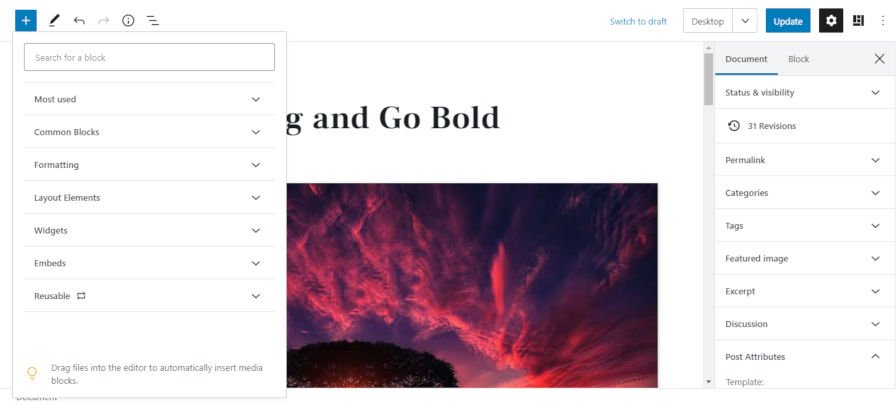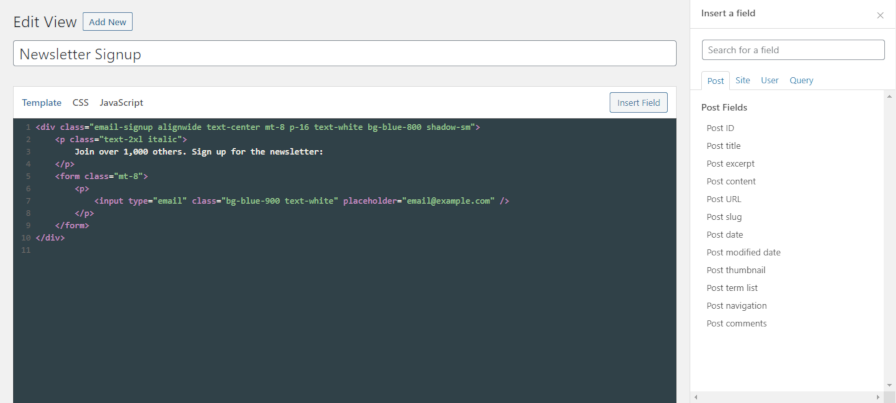Just a day after launching its new privacy-first web analytics product last week, Cloudflare announced Automatic Platform Optimization (APO) for WordPress. The new service boasts staggering performance improvements for sites that might otherwise be slowed down by shared hosting, slow database lookups, or sluggish plugins:
Our testing… showed a 72% reduction in Time to First Byte (TTFB), 23% reduction to First Contentful Paint, and 13% reduction in Speed Index for desktop users at the 90th percentile, by serving nearly all of your website’s content from Cloudflare’s network.
APO uses Cloudflare Workers to cache dynamic content and serve the website from its edge network. In most cases this eliminates origin requests and origin processing time. That means visitors requesting your website will get near instant load times. Cloudflare reports that its testing shows APO delivers consistent load times of under 400ms for HTML Time to First Byte (TTFB).
The effects of using APO are similar to hosting static files on a CDN, but without the need to manage a complicated tech stack. Content creators retain their ability to create dynamic websites without any changes to their workflow for the sake of performance.
Version 3.8 of Cloudflare’s official WordPress plugin was recently updated to include support for APO. It detects when users make changes to their content and purges the content stored on Cloudflare’s edge.
The new service is available to Cloudflare users with a single click of a button. APO is included at no cost for existing Cloudflare customers on the Professional, Business, and Enterprise plans. Users on the Free plan can add it to their sites for $5/month. The service is a flat fee and is not metered.
Cloudflare’s announcement has so far been well-received by WordPress professionals and hosting companies and many have already begun testing it.
WordPress lead developer Mark Jaquith called APO “incredible news for the WordPress world.”
“On sites I manage this is going to lower hosting complexity and easily save hundreds of dollars a month in hosting costs,” Jaquith said.
After running several speed tests from six different locations around the world, early testers at Kinsta got remarkable results using APO:
“By caching static HTML on Cloudflare’s edge network, we saw a 70-300% performance increase. As expected, the testing locations furthest away from Tokyo saw the biggest reduction in load time.
“If your WordPress site uses a traditional CDN that only caches CSS, JS, and images, upgrading to Cloudflare’s WordPress APO is a no-brainer and will help you stay competitive with modern Jamstack and static sites that live on the edge by default.”
George Liu, a “self-confessed page speed addict” and Cloudflare Community MVP, performed a series of detailed tests on the new APO product with his blog. After many comparisons, he found that Cloudoflare’s WordPress plugin with APO turned on delivers results similar to his heavily optimized WordPress blog that uses a custom Cloudflare Worker caching configuration.
“You’ll find that Cloudflare WordPress plugin’s one click Automatic Platform Optimization button does wonders for page speed for the average WordPress user not well versed in page speed optimizations,” Liu said.
“Cloudflare’s WordPress plugin Automatic Platform Optimization will in theory beat all other WordPress caching solutions other than you rolling out your own Cloudflare Worker based caching like I did. So you get a good bang for your buck at US$5/month for Cloudflare’s WordPress plugin APO.”
Liu also warned of some speed bumps with the initial rollout, as Cloudflare’s APO supports a limited set of WordPress cookies for bypassing the Cloudflare CDN cache, leaving certain use cases unsupported. APO does not seem to work on subdomains and users are also reporting that it’s not compatible with other caching plugins. It also disables real visitor IP address detection.
Cloudflare is aware of many of these issues, which have been raised in the comments of the announcement, and is in the process of adding more cookies to the list to bypass caching. Due to some plugin conflicts, APO may not be as plug-and-play as it sounds for some users right now, but the product is very promising and should improve over time with more feedback.

